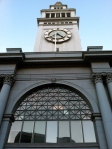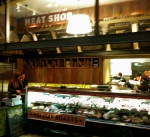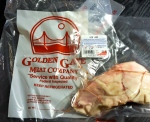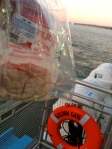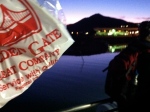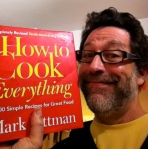So this CityLab/SF SPUR article has been making the social media rounds recently. It argues that the San Francisco’s crisis of housing supply and affordability has been caused by the failed policies of 70s and 80s SF progressives, either by intent or a tragic set of unintended consequences (i.e., either SF progressives are mean and nasty or stupid).
The question, though, that this line of reasoning can’t answer is this: why is it that at roughly the same time, in roughly the same shape, with roughly the same consequences, this pattern of housing crisis appeared not just in cities up and down the west coast from Vancouver to San Diego, not just in major US cities across the country, but globally?
And given that, how is it possible to explain a genuinely global phenomenon by way of very local, place-based political decision-making? The fact is, I think, that local housing markets have been internationalized, at least in terms of the flow of money across borders. This is a new reality, a function of neoliberalism as pernicious as any other – and the traditional theories and conventional wisdom about how local housing supply and demand functions – hence the policies that ought to be followed (not to mention who gets the blame) no longer makes sense.
That’s Jim Russell’s point here. Before we all join in a chorus of blaming a few local policies and people for what’s really a global systemic failure, his argument about what’s causing our troubles needs to be brought into the debate. Read the rest of this entry »
 John Paton,
John Paton, 